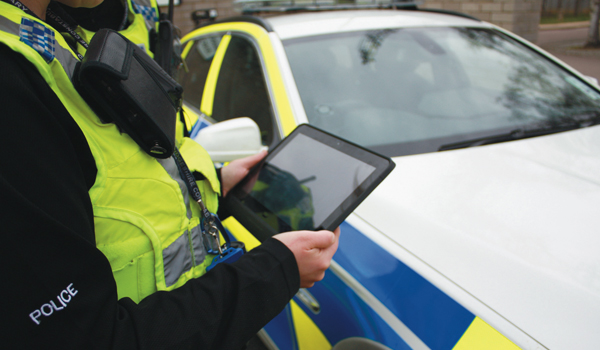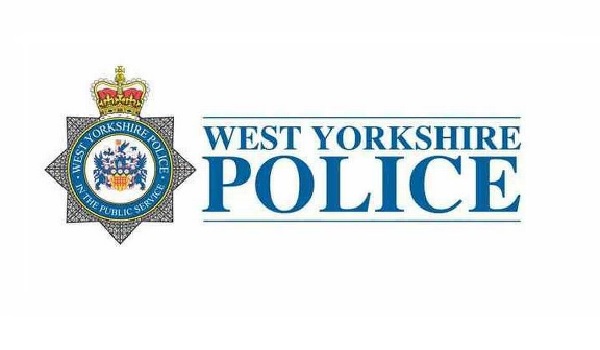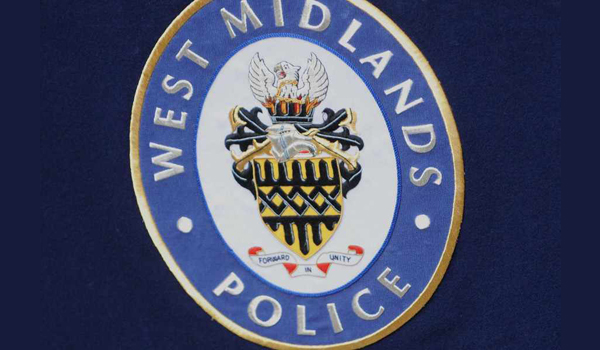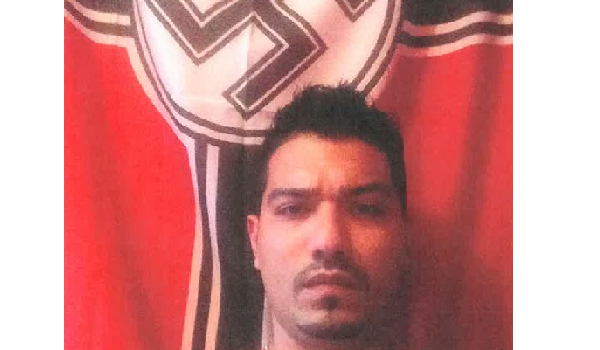Release more stop and search footage to counter ‘misleading' social media clips, says NCA adviser
Police should be able to release body-worn video footage of stop and search encounters in a timely manner to counter “misleading” edited clips posted on social media, an adviser to the National Crime Agency (NCA) has said.
Labour peer Lord Harris of Haringey, a former chair of the Metropolitan Police Authority, made the call as concerns were raised at Westminster over the disproportionate use of the powers against black, Asian and minority ethnic (BAME) people.
It followed a recent report by Her Majesty’s Inspectorate of Constabulary and Fire and Rescue Services (HMICFRS), which warned that the “unfair” exercise of stop and search risked police losing the trust of the communities they served.
Data from 2019/20 showed ethnic minority people were more than four times more likely to be stopped and searched than white people, and that black people specifically were nearly nine times more likely.
Ministers have said they supported the police in the “fair and legitimate” use of stop and search and highlighted the introduction of safeguards, such as body cameras worn by officers, aimed at ensuring “no one is targeted because of their race”.
Speaking during a Lords question, Lord Harris, who chairs the NCA’s Independent Advisory Group on Ethics, said: “We all want proper scrutiny of stop and search, but we have also seen highly disturbing clips on social media of what appear to be inappropriate stops.
“Those who post them have surely waived their right to privacy. Given that, as police body-worn video makes it possible to see the context, in particular what went on before the stop and why it took place, will the Government make it possible for the police to publish the full videos in a timely fashion to counteract misleading impressions from truncated social media clips?”
Home Office minister Baroness Williams of Trafford said: “I totally concur that sometimes what you see in a snapshot is not actually indicative of what happened in the round. Obviously the police are operationally independent of Government.”
In reply to an earlier question on the use of the powers, Lady Williams said: “The Government supports the police in the fair and legitimate use of stop and search and, where necessary, reasonable force to tackle criminality and violent crime. We have worked with the police to put safeguards in place to ensure that no one is targeted because of their race.”
Pressing the minister, Liberal Democrat peer Lord Paddick, a former Metropolitan Police Service deputy assistant commissioner, said that, like previous research, the report by the HMICFRS “doubts the efficacy of stop and search in reducing serious crime. More importantly it highlights the impact of disproportionality on trust in and the legitimacy of the police.”
Lady Williams said: “I trust the police to use their powers in a fair way to tackle serious violence and protect communities. It is right that these powers are used to stand firm against criminals who break the law. Every knife taken off our streets is a potential life that is saved.”
She pointed out that stop and search led to the seizure of more than 11,000 weapons and more than 74,000 arrests in 2019/20.
The minister said it was “a tragedy” that young black men were disproportionately more likely to be victims of knife crime.
But referring to the stop and search data, independent crossbencher Lord Woolley of Woodford, a director of Police Now, which aims to boost diversity in the service, said: “This disproportionality that alienates so many youths and puts off so many from joining the police must change. We must police by consent.”
Lady Williams said: “I agree that we must police by consent. I also agree that someone should never be stopped on the basis of their race and that the use of stop and search must be both reasonable and proportionate.”







